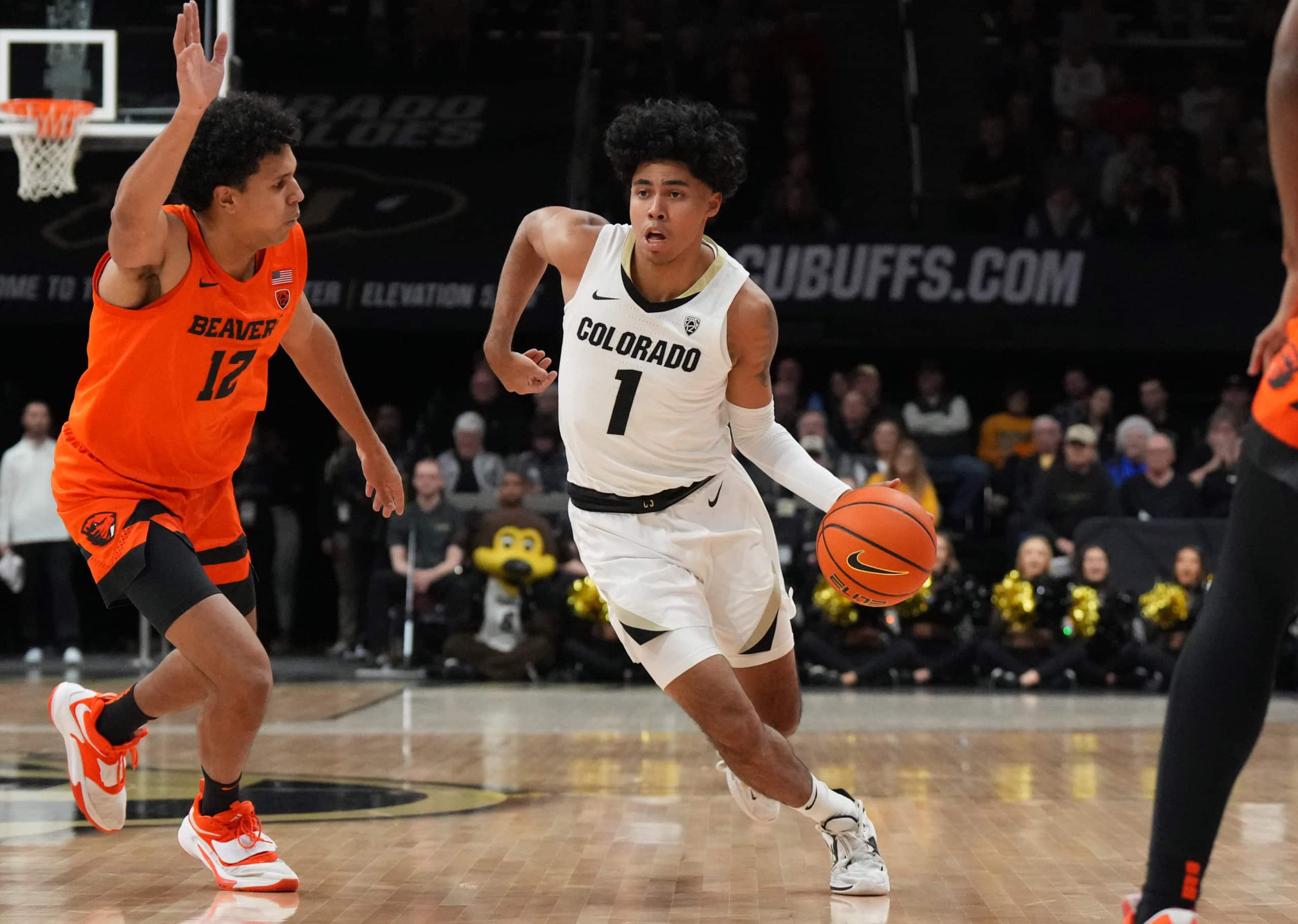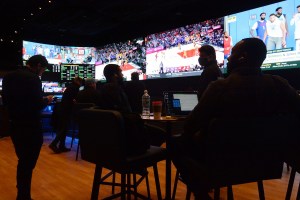In 2020, the University of Colorado Boulder became one of the first NCAA schools to formalize an athletic department sponsorship deal with a sports betting company. Almost three years later, though, the school has amended its agreement with PointsBet in the wake of controversy.
The original deal, reportedly paying a base of $1.6 million, included an additional $30 for each person who signed up to use PointsBet through a referral code. The program drew backlash, given that the school received monetary awards for promoting gambling activities.
The university has since discontinued this partnership aspect, a spokesperson confirmed to Front Office Sports. The CU Independent first reported the news.
“After review and discussion with our partners at PointsBet, it was determined that the referral program was not providing the ancillary benefits to our campus that were anticipated when the agreement was made in 2020, so we made the mutual decision to discontinue that portion of the agreement,” the school said in a statement to Front Office Sports.
It could provide clues for what the industry considers an acceptable sports betting deal. Partnerships appear more palatable if they include responsible gambling components and promote the companies as a whole, rather than the act of betting.
Such deals have only become more popular since 2020, even though the NCAA itself still has an aversion to gambling. But the infusion of this practice in college sports is still a moral gray area for many.
- UNLV and the University of Nevada, Reno both previously inked deals with William Hill.
- In 2021, LSU and Michigan State named Caesars Sportsbook their “official sportsbook.”
- Schools like TCU and Syracuse have done deals with casino resorts.
- Both the Pac-12 and Mid-American Conference have signed partnerships with sports data companies. The NCAA previously ruled that such data can be sold to sportsbooks.
Gambling companies have even dipped their toes into the name, image, and likeness — MaximBet offered deals to women’s sports athletes in Colorado over the age of 21. (The company has since folded).
The recent boom of sports betting partnerships at schools was influenced by a 2018 Supreme Court ruling that opened the door for legalized sports gambling and a pandemic that left athletic departments desperate for new sponsorship cash.






![[Subscription Customers Only] Jun 15, 2025; Seattle, Washington, USA; Botafogo owner John Textor inside the stadium before the match during a group stage match of the 2025 FIFA Club World Cup at Lumen Field.](https://frontofficesports.com/wp-content/uploads/2026/02/USATSI_26465842_168416386_lowres-scaled.jpg?quality=100&w=1024)
![[Subscription Customers Only] Jul 13, 2025; East Rutherford, New Jersey, USA; Chelsea FC midfielder Cole Palmer (10) celebrates winning the final of the 2025 FIFA Club World Cup at MetLife Stadium](https://frontofficesports.com/wp-content/uploads/2026/02/USATSI_26636703-scaled-e1770932227605.jpg?quality=100&w=1024)










